
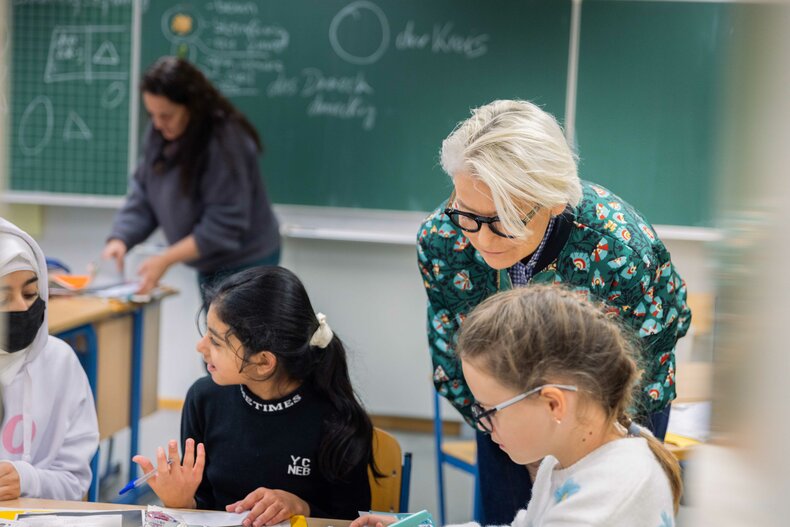
Since the middle of the 20th century, the UN has been a crucial platform to highlight the importance of literacy in fostering a more equitable and sustainable world.
Despite significant progress in recent decades, the global literacy rate remains alarmingly low, with millions of adults and children lacking basic reading and writing skills.
This problem is present not only in developing countries but also in Germany as 6.2 million adults in the country cannot read and write properly in German while 52,8% are native speakers.
“Every year, we need to remind ourselves that we still need to work on advancing the global literacy level, especially in less economically developed regions,” says Ann Kathrin Linsenhoff.
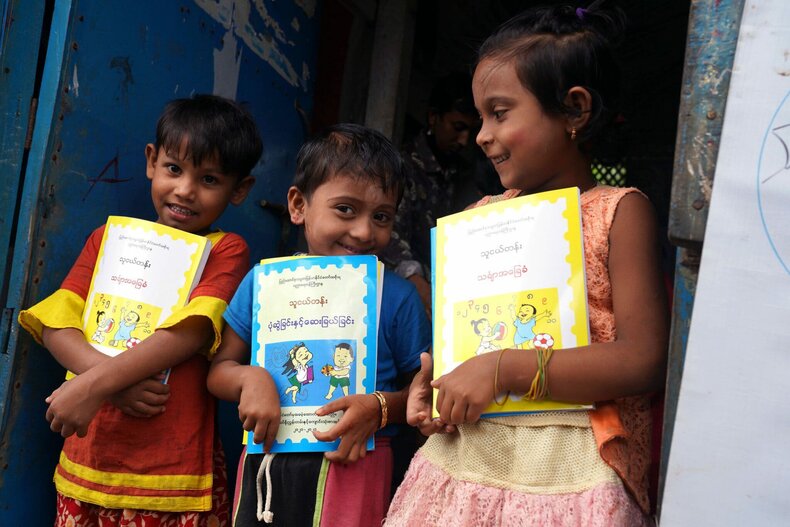
First of all, what is literacy? Literacy is a fundamental human right that empowers individuals to participate fully in society.
It opens doors to education, employment, and civic engagement, while also promoting critical thinking, problem-solving, and cultural understanding.
In a world increasingly interconnected through technology, literacy is essential for accessing information, communicating effectively, and navigating complex challenges.
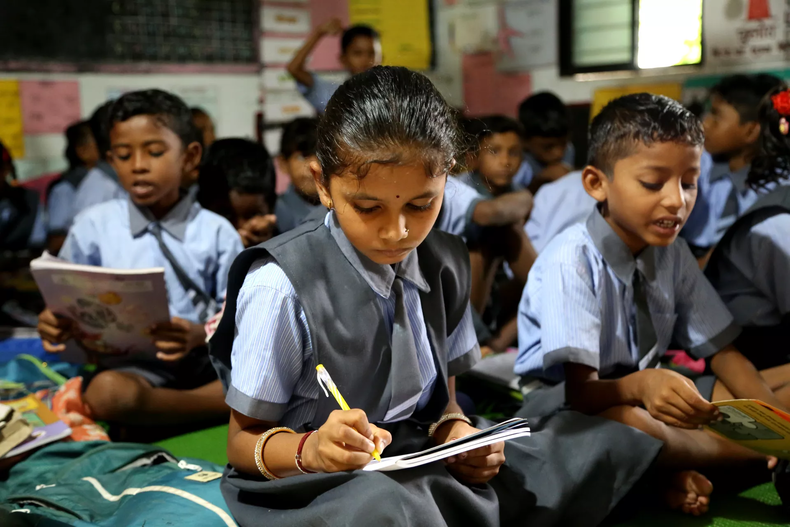
According to UNESCO, at least 765 million adults aged 15 and above lacked basic literacy skills in 2022.
This staggering statistic underscores the urgent need for concerted efforts to improve literacy rates worldwide.
Additionally, the COVID-19 pandemic has exacerbated existing inequalities, with millions of children out of school and at risk of falling behind in their education.
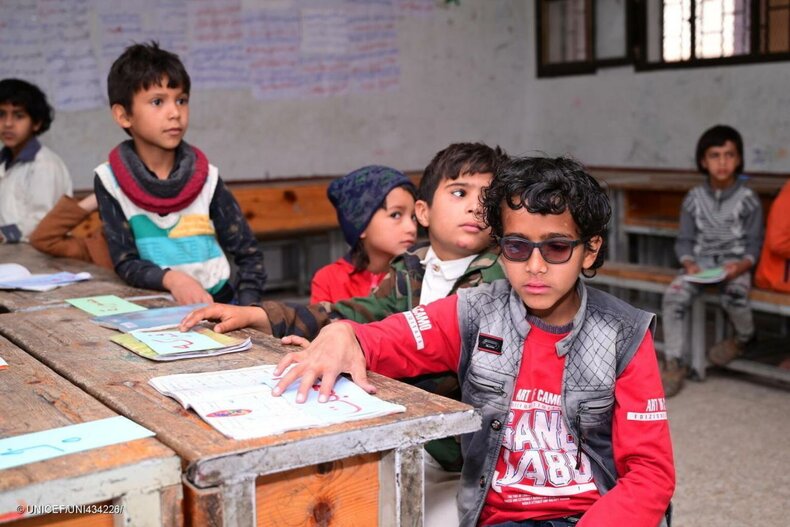
To address these challenges, a multilingual approach to literacy development is gaining momentum.
By embracing the diversity of languages and cultures, this approach can enhance learning outcomes, promote cultural identity, and foster social cohesion.
It is particularly effective in regions where multilingualism is prevalent, as it allows individuals to develop literacy skills in their native language while also acquiring proficiency in other languages.
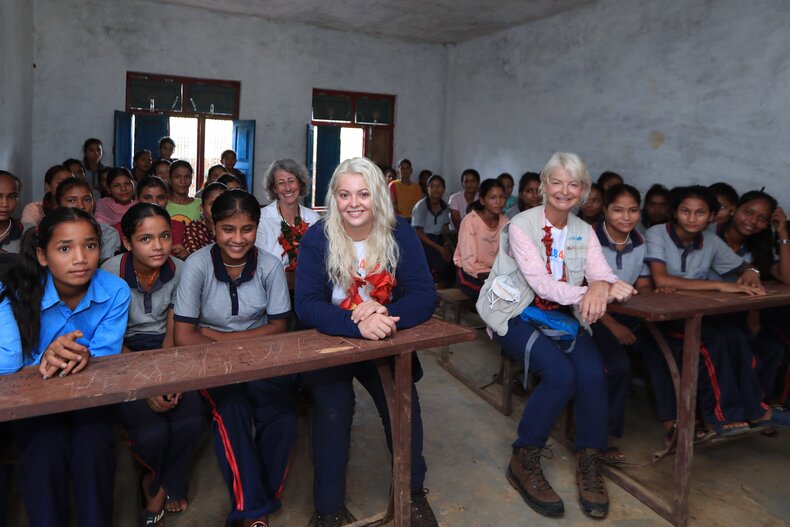
It is imperative to recognize the critical role that literacy plays in building a more just and sustainable future.
By investing in education, promoting multilingualism, and addressing the root causes of illiteracy, we can empower individuals, strengthen communities, and create a world where everyone has the opportunity to thrive.
Yours
sincerely

